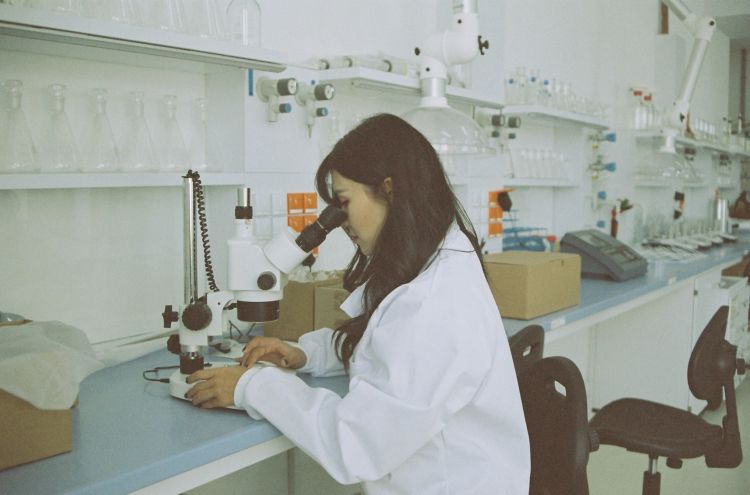Statement from Georgia Life Sciences on NIH Guidance to Reduce Funding for Medical and Life Sciences Research
February 13, 2025-Georgia Life Sciences (GLS), representing nearly 4,000 establishments across the state, whom are engaged in the research, development, and manufacturing of pharmaceuticals, biotechnology-based medicines and foods, medical devices, biomedical technologies, life-saving technology distribution, and clinical trial management, expresses deep concern over the recent National Institutes of Health (NIH) guidance to limit funding for medical and life sciences research at universities. This decision will significantly impact Georgia’s innovation economy, workforce, patient community, and its ability to sustain its current leadership in cutting-edge research and development.
This guidance will have an array of devastating effects, particularly for patients who rely on groundbreaking research to develop new treatments and cures. NIH funding has been instrumental in advancing therapies for cancer, neurological diseases, rare genetic disorders, and countless other conditions that affect millions of Americans. Patients in Georgia—and across the country—are counting on continued investment in medical innovation to extend and improve their lives. Cutting research funding slows the progress of scientific discoveries, delays critical clinical trials, and ultimately, hinders the ability to bring life-saving treatments to those who need them most.
Our industry also relies heavily on Georgia’s universities and research institutions, which are at the forefront of discoveries in medicine, biotechnology, and life sciences. These advancements are made possible through critical NIH funding that supports both research and the training of the next generation of scientists, clinicians, and innovators.
In 2023, Georgia institutions received over $778.1 million in NIH funding, up 24 percent since 2019, underscoring the state’s leadership in life sciences research and its commitment to improving public health. This NIH guidance severely restricts funding and undermines Georgia’s ability to compete nationally and globally, jeopardizing the state’s position as a hub for life-saving innovation.
The impact of this decision will reach far beyond the laboratory. Georgia’s life sciences sector is a significant driver of economic growth, supporting over 215,000 jobs, contributing $50.2 billion in economic output, and generating over $920M in annual tax revenue. Reduced NIH funding will lead to fewer research projects, fewer opportunities for collaboration with industry partners, and ultimately, job losses in both academia and the private sector. This disproportionately affects Georgia’s communities, where life sciences research and related jobs at institutions like Emory University, Georgia Institute of Technology, Georgia State University, Augusta University, and research centers such as the Centers for Disease Control and Prevention (CDC), Winship Cancer Institute, and the Shepherd Center serve as a foundation for local economic growth.
Additionally, these cuts will harm Georgia’s thriving agribusiness sector, which depends on life sciences research to develop innovative agricultural biotechnology, improve food safety, and combat plant and animal diseases. Georgia is a national leader in agricultural research, with institutions such as the University of Georgia and the USDA Agricultural Research Service playing a crucial role in ensuring food security and sustainability. Reduced funding will impede advancements in crop science, animal health, and precision agriculture, putting farmers and agribusinesses at a disadvantage in an increasingly competitive global market.
This guidance also directly threatens Georgia’s ability to attract top talent and investment. The average wage in Georgia’s life sciences sector is $102,434—49 percent higher than the private sector average and one of the highest paying sectors in the state. A strong innovation ecosystem, fueled by federal research funding, is essential for retaining world-class researchers, entrepreneurs, and businesses. Limiting this support sends a troubling signal to the scientific community and could deter future investments in Georgia’s life sciences industry.
Georgia Life Sciences urges the Administration to reevaluate this guidance and recognize the vital role NIH funding plays in driving medical breakthroughs, supporting economic growth, and improving public health. We stand ready to work alongside policymakers to ensure Georgia remains at the forefront of life sciences innovation, providing researchers with the resources they need to continue pioneering advancements that benefit patients, families, and key industries across the state.





